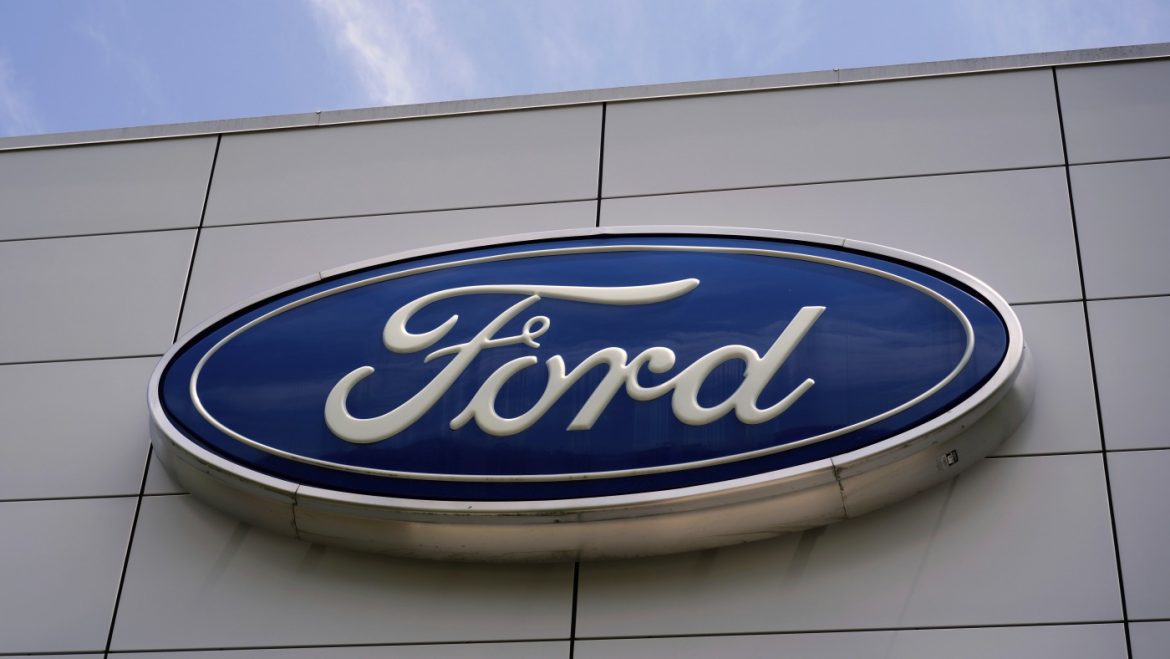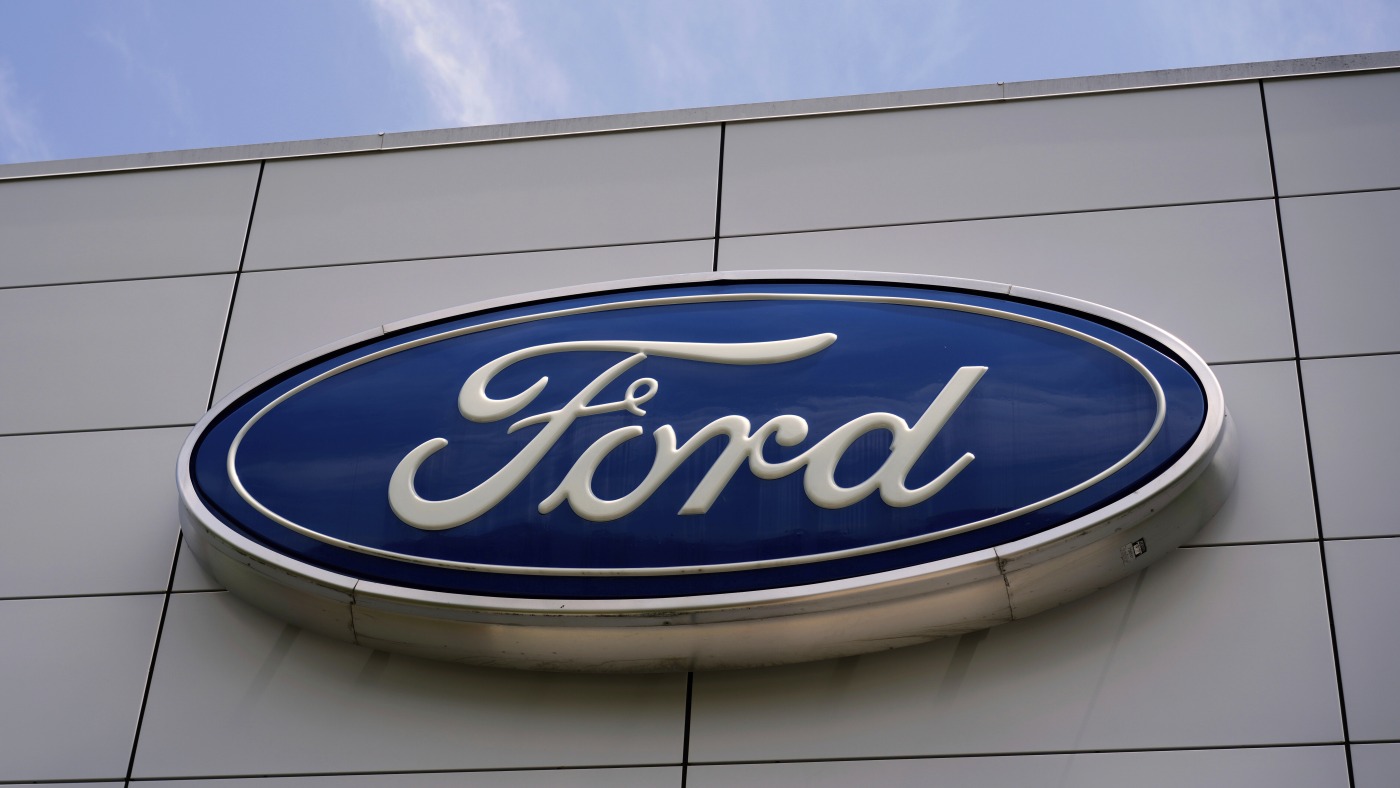Analyzing Ford’s Recall of Nearly 274,000 SUVs Due to Brake Issues
Ford Motor Company recently announced a recall involving close to 274,000 SUVs in the United States, specifically targeting its Expedition and Lincoln-branded Navigator models. The recall covers vehicles manufactured between model years 2022 and 2024, spotlighting a serious safety concern related to potential brake failure. This in-depth report explores the scope, underlying problem, implications, and Ford’s proposed remedies.
Scope and Scale of the Recall
Ford’s recall affects 273,789 SUVs: 223,315 Expedition models and 50,474 Lincoln Navigator units. These model years, spanning from 2022 through 2024, represent roughly two to three years of recent production. The geographical focus is the U.S., though mention of a broader North American recall involving midsize SUVs suggests the company is attentive to similar issues in other segments and regions.
Notably, Ford estimates that only about 1% of these vehicles actually manifest the defect. Despite this seemingly low incidence rate, the sheer volume of potentially affected vehicles underscores the magnitude of the risk and the urgency of prompt intervention.
The Nature of the Brake Issue
The core problem involves the front brake line of these SUVs, which may leak brake fluid. Brake fluid leakage can compromise the hydraulic brake system, potentially causing a partial or full loss of brake function while driving. This defect is particularly treacherous as it might occur without warning, increasing the risk of accidents and crashes.
In some cases, the air cleaner outlet pipe may also be involved, implying that component interference or fitment issues could contribute to the brake line vulnerability. The National Highway Traffic Safety Administration (NHTSA) documents reveal that the malfunction can elevate the risk of crashes due to impaired braking performance.
Safety and Consumer Impact
Braking systems are critical to vehicle safety. Any reduction in brake function directly compromises driver control and increases stopping distances, thereby elevating the likelihood of collisions. The recall is a preventative measure taken to mitigate risk before more widespread incidents occur.
Although Ford expects only a small fraction of vehicles to display the defect, the recall affects nearly a quarter of a million cars—highlighting that even a 1% failure rate could impact thousands of drivers. For owners, this means vigilance and immediate response to any brake performance issues like spongy pedals, longer stopping times, or brake warning lights are imperative.
The psychological impact on customers of recalling newer, high-value SUVs cannot be overlooked either. Such recalls can erode trust, affect brand perception, and impact resale values if not handled transparently and efficiently.
Ford’s Remedy and Response
Ford and its Lincoln dealerships are tasked with inspecting the front brake line of the affected SUVs. Should any faults be detected, the brake line or the air cleaner outlet pipe will be replaced as necessary. This systematic approach ensures affected components are repaired or swapped out, restoring safety and vehicle reliability.
The recall process will be conducted at no cost to consumers, reflecting Ford’s responsibility acknowledgment and commitment to consumer safety. It also serves to protect Ford’s long-term reputation by taking proactive steps in addressing critical safety issues.
Broader Context: Recalls as a Vehicle Safety Mechanism
This recall reflects the automotive industry’s ongoing challenge of maintaining safety in complex manufacturing environments. Modern vehicles involve integrated systems where a small component’s failure can have outsized effects on key systems like braking.
Automakers routinely issue recalls when defects surface, demonstrating the importance of regulatory oversight and manufacturer accountability. The partnership between Ford and the NHTSA in this case exemplifies the system designed to identify hazards early and take swift corrective measures to protect the public.
Conclusion: Safety Above All in Automotive Manufacturing
Ford’s recall of nearly 274,000 SUVs due to potential brake fluid leaks is a significant event emphasizing the critical nature of vehicle braking systems and the necessity of rigorous quality control. While the issue appears limited to a small percentage of vehicles, Ford’s response—inspection and replacement of faulty brake components—marks a crucial step in ensuring driver safety.
For affected vehicle owners, timely service at authorized dealers will mitigate the risks, while the recall reinforces the value of ongoing vigilance by manufacturers and regulatory bodies in safeguarding road users. The episode serves as a reminder that even leading automotive brands face challenges in quality assurance, highlighting how transparency and prompt action are essential in maintaining consumer trust and safety on the road.


